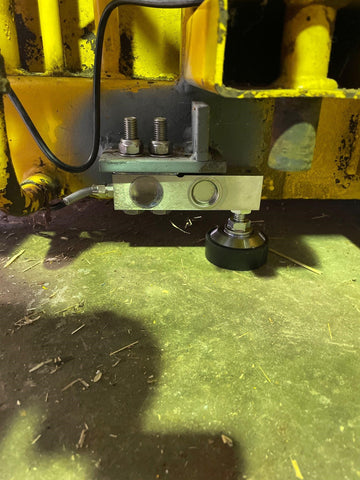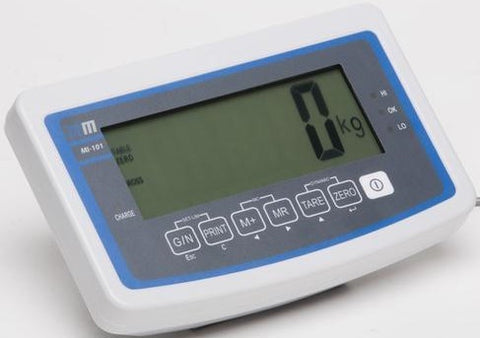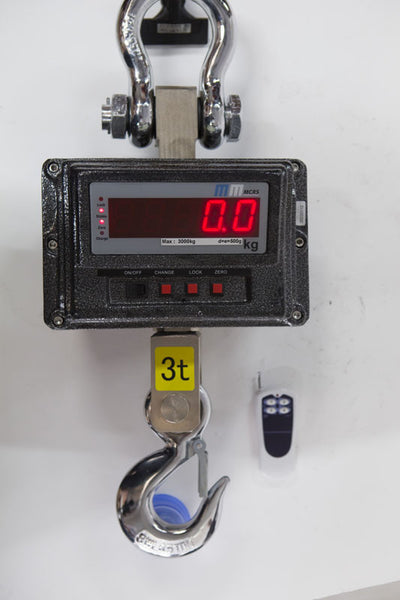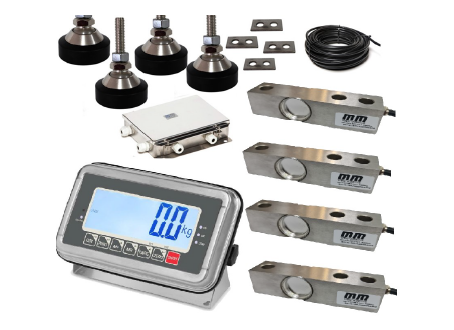When it comes to the wool industry, efficiency and precision are key factors in ensuring the quality of your wool bales. The wool press scale is an essential tool that plays a crucial role in achieving this. These presses compress raw wool into compact bales for transportation and storage.
Choosing the right wool press scale can make a significant difference in your operations, from optimising the weight of your bales to improving overall productivity. In this buyer's guide, let's explore the factors you must consider to make an informed decision when selecting the perfect wool press scale for your needs.
The Importance of a Reliable Wool Press Scale
Before delving into the buying process, let's first understand why a reliable wool press scale is essential in the wool industry.
1. Quality Control
Wool is sold by weight, so accurate weighing ensures that you receive fair compensation for your product. Underestimating the weight of your bales can result in financial losses.
2. Consistency
Consistently sized and weighted bales are easier to handle and transport, making the entire supply chain more efficient. This consistency also helps maintain the quality of the wool.
3. Compliance
Many countries have strict regulations and standards for wool packaging and trading. A reliable wool press scale helps you meet these compliance requirements, avoiding potential legal issues.
4. Data Collection
Modern wool press scales often come with data collection and reporting capabilities. This data can be valuable for tracking productivity, optimising operations, and making informed business decisions.
Factors to Consider When Choosing a Wool Press Scale
1. Accuracy
Accuracy is paramount when it comes to weighing wool bales. Look for a wool press scale that offers precise measurements with minimal margin for error. High-quality load cells and advanced weighing technology contribute to greater accuracy.
2. Weight Capacity
Consider the maximum weight capacity of the scale. Ensure it can accommodate the heaviest bales you plan to produce. Choosing a scale with a higher weight capacity is better to avoid overloading it and potentially damaging the equipment.
3. Durability
Wool handling can be tough on equipment. Look for a wool press scale built to withstand the harsh conditions of the wool shed. Stainless steel construction is often preferred as it is resistant to corrosion and rust.
4. Ease of Use
An intuitive interface and user-friendly controls are essential for efficient operations. Your scale should be easy to operate, and its display should be clear and read, even in low-light conditions.
5. Calibration and Maintenance
Regular calibration is necessary to maintain accuracy. Choose a scale that allows straightforward calibration and has a reliable maintenance plan. Regular servicing will prolong the life of your equipment.
6. Connectivity and Data Management
Consider whether you need connectivity features such as Wi-Fi or Bluetooth for data transfer and management. Some scales come with software that allows you to track and analyse data for better decision-making.
7. Size and Portability
The size and portability of the scale can impact its suitability for your wool handling area. Ensure it fits comfortably in your workspace and can be moved if needed.
8. Price and Warranty
Budget constraints are a reality for most businesses. While it's essential to consider cost, remember that investing in a high-quality wool press scale can pay off in the long run. Look for a scale that balances price and performance and check the warranty to ensure peace of mind.
9. Customer Support
Choose a reputable manufacturer or supplier known for excellent customer support. A responsive support team can be invaluable if you encounter any issues or need assistance with your scale.
10. Compatibility
Ensure that your wool press scale is compatible with your existing wool pressing equipment. Compatibility issues can lead to operational disruptions and increased costs.
Types of Scales Suitable for Wool Press Machines
1. Loadcell with Weighing monitor
The single loadcells are fitted under the loading point of the wool press connected with the monitor for accurate wool bale weighing. They are known for their versatility and can handle various weights.


2. In-Motion Scales
In-motion scales are designed to weigh wool bales moving along a conveyor belt. They are ideal for high-volume operations and offer real-time weight data.
3. Hanging Scales
Hanging scales are suspended from a crane or other lifting equipment. They are commonly used in larger wool sheds and provide accurate measurements.

4. Load Cell Agricultural Kits
Load cell agricultural kits are specialised kits that include a set of load cells designed for agricultural applications like wool pressing. These versatile kits can be integrated into wool press systems, providing precise weight measurements.

At Meltrons Australia, we understand the unique demands of the wool industry and offer a range of reliable and accurate wool press weighing scale systems designed to meet your business needs. Our experienced team is here to assist you in finding the perfect scale to optimise your wool handling operations.
Contact us today to learn more about our wool press scale options and how they can benefit your business!

